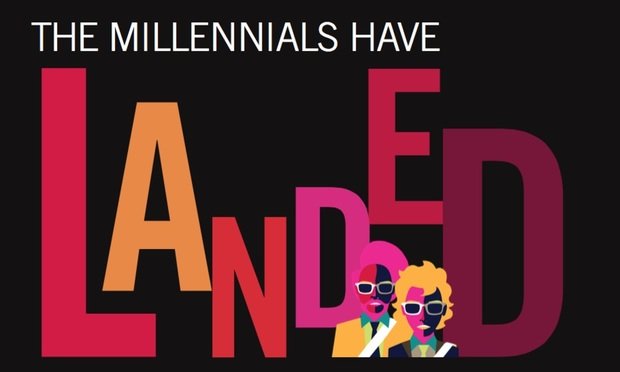When it comes to retirement savings and the multigenerational workforce, Gen Z appears to be ahead of the pack in many ways. A recent Harris Poll showed that 85% of Gen Z'ers surveyed said
retirement benefits were a chief concern in their job hunts, and with automatic enrollment on the rise both Gen Z and millennials are saving more in their workplace retirement plans than previous generations,
according to a Vanguard survey released earlier this spring. That said, challenges abound across the generations, as a new report from the nonprofit Transamerica Center for Retirement Studies, "Post-Pandemic Realities: The Retirement Outlook of the Multigenerational Workforce," illustrates. Although they started saving at the median age of 19 and contribute an average of 20% of their annual pay to a 401(k) or similar plan, 28% of Gen Z workers have taken early and/or hardship withdrawals from those plans. Millennials aren't far behind with 24% taking early withdrawals, followed by
Gen X (19%) and baby boomers (12%), according to the report. Overall, workers estimate they'll need an average of $500,000 in order to retire financially secure, although even that varies by generation—Gen Z estimates they'll need $250,000, while baby boomers estimate $750,000. Approximately one in five workers across the generations believe they'll need to save $2,000,000 or more, with baby boomers making up the majority of the millionaire aspirations (24%), followed by Gen X (22%), millennials (21%), and Gen Z (17%). How did each generation come up with those estimates? The majority of them (45%) guessed, while some based their estimates on current living expenses (36%) or expected investment earnings (20%). Approximately one in five workers (21%) completed a worksheet or used a retirement calculator, and even fewer (13%) consulted a financial advisor. Most workers have a financial strategy in place for retirement, with 29% having a written plan and 43% having an unwritten one. Millennials are the likeliest of all four generations to have a plan on paper. Looking at the generations closest to retirement, the report found 31% of Gen X and 26% of baby boomers don't have any financial strategy.
Most workers who do have a strategy, however, are traveling without a Plan B: Only 34% report having a backup plan for retirement income if they're forced into retirement earlier than expected or their initial plan fails for any other reason. More than half of baby boomers (53%) and Gen X (62%) say they have no backup plan. See our slideshow above for a snapshot of each generation's retirement outlook, and click here for the full report











